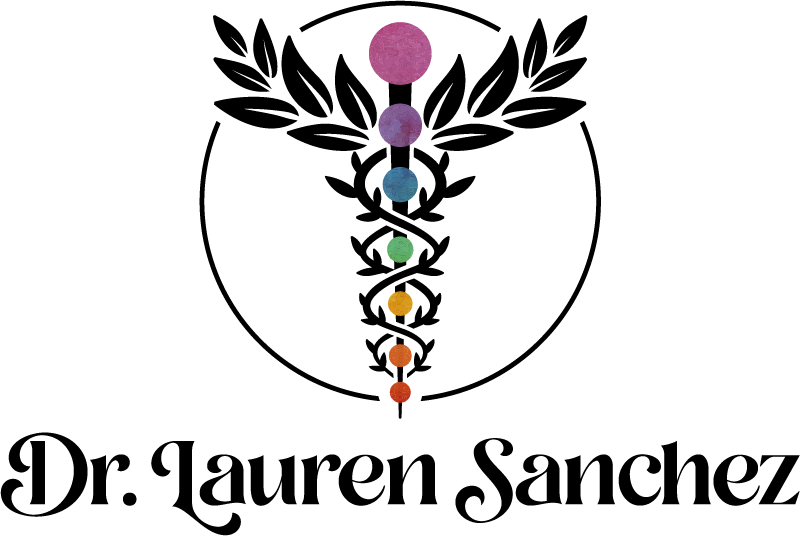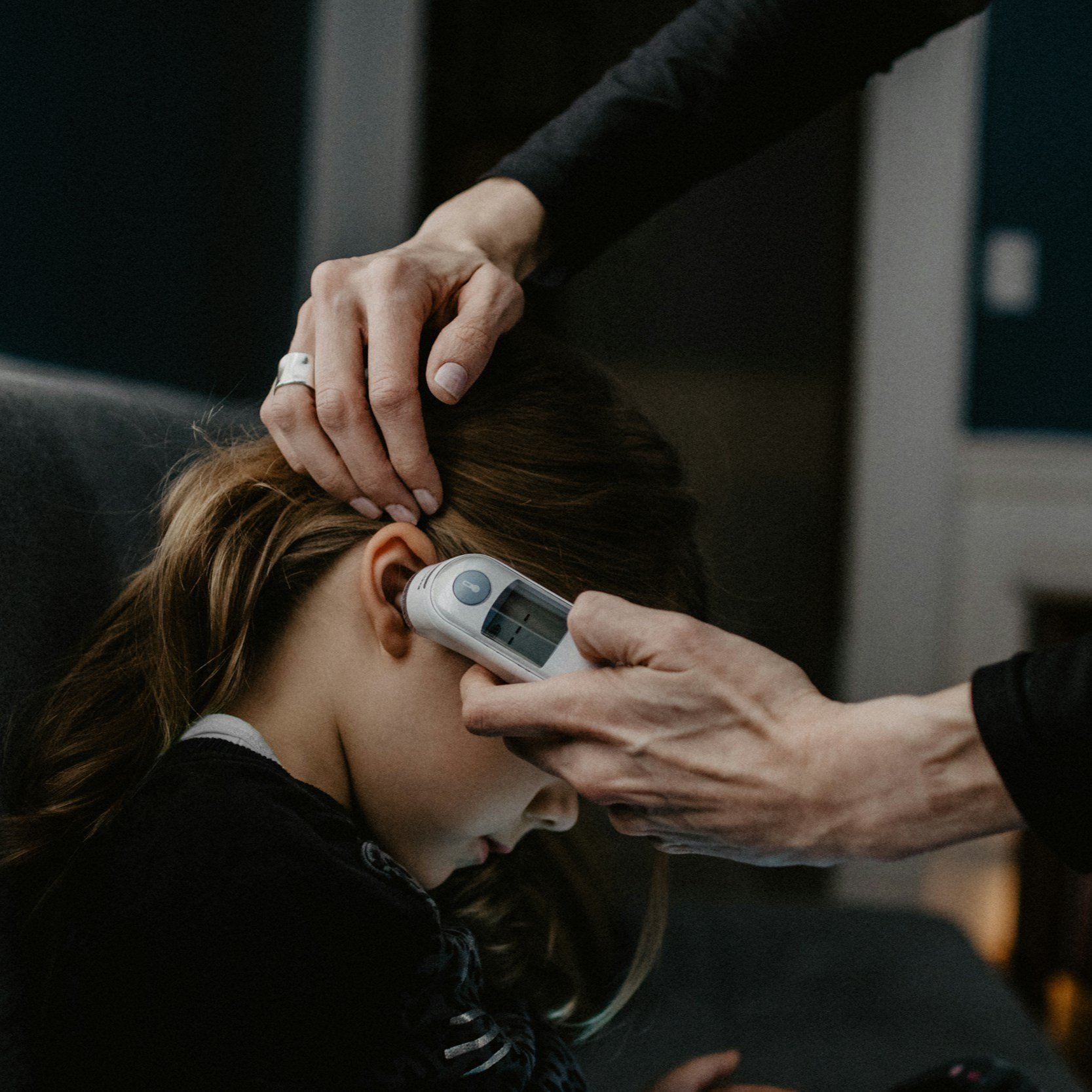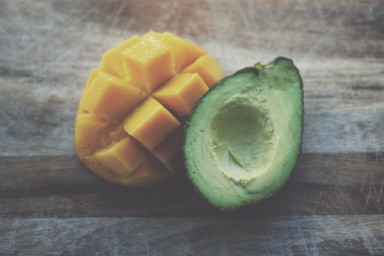As a Naturopathic Doctor and a medical intuitive practitioner, I’ve always been fascinated by the intersection of science, consciousness, and healing. One of the most mind-bending and exciting concepts I’ve encountered in recent years is quantum entanglement—a phenomenon that challenges the very fabric of our understanding of time, space, and interconnectedness. But could this strange phenomenon in quantum physics hold the key to understanding how distant healing practices like medical intuitive scanning work?
In this blog, I’ll break down what quantum entanglement is, how it might help us understand the mechanics of distant healing, and share how I integrate these principles into my work as a Naturopathic Doctor and medical intuitive. Let’s explore how quantum physics and energy healing can offer new insights into how we connect and heal across time and space.
What is Quantum Entanglement?
At the core of quantum mechanics lies quantum entanglement, a phenomenon in which two or more particles become linked in such a way that the state of one particle affects the state of another, no matter how far apart they are. In essence, these particles are “entangled,” and any change to one particle will instantaneously affect the other, even across vast distances.
Imagine two entangled photons: when you measure the properties (such as spin or polarization) of one, you automatically know the properties of the other—no matter if they’re on opposite ends of the universe. This connection happens without any physical signal traveling between the particles, and it occurs faster than the speed of light. Albert Einstein famously referred to this as "spooky action at a distance," because it defies the logic of classical physics.
Quantum entanglement has been experimentally verified multiple times, and scientists have confirmed that entangled particles somehow "know" about each other, even at great distances. This phenomenon challenges our conventional understanding of space and time, suggesting that at the quantum level, everything in the universe is interconnected in ways that are still largely a mystery.
Distant Medical Intuitive Scanning: Tuning Into the Biofield
In my practice as a Naturopathic Doctor and medical intuitive, I use my ability to tune into a person’s energy field to identify imbalances, blockages, or underlying health issues. I’ve found that medical intuitive scanning—especially when done remotely—can be a powerful tool for healing.
The body, I believe, is much more than just its physical structure. We are surrounded by a biofield, which is the energetic field that interacts with the physical body and holds imprints of our thoughts, emotions, and life experiences. When a person experiences a trauma or emotional distress, the energy surrounding their body can become distorted or blocked, potentially leading to physical or emotional symptoms.
Medical intuitive scanning allows me to read this biofield, even from a distance, and gain insight into the energetic imbalances that may be affecting a person’s health. Interestingly, many people are surprised to find that even when I’m not physically present, I can still access accurate information about their health, emotions, and energy. The ability to do this remotely speaks to the deeper, interconnected nature of human energy and consciousness.
How Quantum Entanglement Relates to Distant Healing
Now, how does quantum entanglement relate to distant medical intuitive scanning? The connection lies in the idea that at the quantum level, everything in the universe is deeply interconnected. Just as entangled particles remain linked across vast distances, our energy fields—on a quantum level—may also be connected, regardless of physical separation.
When I perform a distant scan on a client, I’m tapping into this unseen, quantum level of connection. The biofield of a person holds a wealth of information, and even though we may be miles apart, that information is available to me, much like how entangled particles remain "aware" of one another despite being separated by space.
In essence, the energy system around a person is not bound by time and space in the same way that physical matter is. When I connect with a client remotely, I’m accessing their energetic field, which is linked to them through an invisible quantum connection. This could explain why I can receive accurate, specific readings about a person’s health or emotional state—even when we’re not physically together.
The Science Behind Distant Scanning and Energy Medicine
Though the connection between quantum entanglement and energy healing is still a subject of ongoing research, there are already compelling fields of study that explore how energy affects the body’s health. Quantum biology is one such area of research, looking at how quantum mechanics might influence biological processes—such as how birds navigate using Earth’s magnetic field or how plants use light energy in photosynthesis.
Additionally, energy medicine—a branch of holistic healing—focuses on the idea that the human body has an electromagnetic field that influences physical health. Reiki, chakra healing, and distant medical intuitive scanning are all part of this paradigm, where the practitioner taps into the energetic field to diagnose or clear blockages, imbalances, or stagnant energy.
In my own work, I’ve seen the effectiveness of distant scans time and time again. Clients have reported feeling relief from chronic pain, emotional clarity, and overall healing after receiving remote scans. The feedback I receive suggests that energy, like the quantum particles in entanglement, doesn’t need to follow the traditional rules of time and space to make an impact.
Case Studies and Anecdotal Evidence
The stories I’ve gathered from clients illustrate just how impactful distant medical intuitive scanning can be. I recently worked with a client who had been dealing with chronic digestive issues. After our distant scan, I was able to pinpoint an energetic blockage in their solar plexus, which corresponds to emotional issues like stress and anxiety. After discussing this blockage and offering healing guidance, they reported feeling an immediate sense of relief and improved digestion.
Another client, struggling with a persistent sense of fatigue, underwent a distant medical intuitive scan that revealed imbalances in their energy field, connected to an old emotional trauma. After clearing these imbalances, the client felt more energized and focused than they had in years.
These anecdotes point to the idea that when we tune into the energy of a person—even remotely—we can make profound changes in their physical and emotional well-being. The results seem to suggest that quantum connections between people’s biofields are real, and these connections can be accessed for healing, even from a distance.
The Future of Distant Healing and Quantum Science
As quantum science continues to expand, we may find even more concrete explanations for how distant healing works. The fields of quantum mechanics and energy medicine are still relatively new, but as research continues, we may come to understand how energy fields, quantum entanglement, and consciousness intersect to create powerful healing possibilities.
For now, I know from experience that distant medical intuitive scanning can bring transformative results. It’s not just a matter of healing from a distance; it’s about understanding that we are connected on a much deeper, quantum level, and that these connections can be harnessed for profound physical, emotional, and spiritual healing.
Conclusion: A Quantum Leap in Healing
As a Naturopathic Doctor and medical intuitive, I believe that the future of healing lies in understanding the interconnectedness of the body, mind, and spirit at a quantum level. Distant medical intuitive scanning offers a way to tap into the body’s energy field, access hidden blockages, and facilitate healing without physical proximity. Whether through the principles of quantum entanglement or the practice of energy medicine, we are learning that healing doesn’t have to be bound by time and space.
If you’re ready to explore how a distant medical intuitive scan can help you clear energetic blockages, uncover hidden health issues, or simply bring you into greater alignment with your well-being, I’d love to work with you. Let’s discover together how the power of your biofield—and its connection to the quantum field—can lead to healing, no matter where you are in the world.
Reach out to me today for a distant medical intuitive scan, and let’s begin this transformational journey.









 Without a doubt Austin is one of the best cities to be vegan in. Vegan culture is alive and well here with numerous dining options, veg events and a supportive community of friendly animal lovers. Twelve years ago I became vegan without truly knowing what that meant and without knowing a single person who identified as such. Even back then, being vegan in Austin wasn’t all too challenging despite being in the heart of Texas, a state known for its love of barbeque. I greatly owe veganism for leading me to a more health conscious way of life and ultimately to my love, naturopathic medicine.
Without a doubt Austin is one of the best cities to be vegan in. Vegan culture is alive and well here with numerous dining options, veg events and a supportive community of friendly animal lovers. Twelve years ago I became vegan without truly knowing what that meant and without knowing a single person who identified as such. Even back then, being vegan in Austin wasn’t all too challenging despite being in the heart of Texas, a state known for its love of barbeque. I greatly owe veganism for leading me to a more health conscious way of life and ultimately to my love, naturopathic medicine. In general you should be sleeping 6-9 hours a night without interruption. For many people this is not their reality and according to the American Academy of Sleep Medicine, millions of people in the U.S. have trouble falling asleep or staying asleep. If you are like millions of Americans looking for help to get better sleep than you have probably tried everything you can to get relief.
In general you should be sleeping 6-9 hours a night without interruption. For many people this is not their reality and according to the American Academy of Sleep Medicine, millions of people in the U.S. have trouble falling asleep or staying asleep. If you are like millions of Americans looking for help to get better sleep than you have probably tried everything you can to get relief. According to the National Alliance of Mental Illness (NAMI), over 18 percent of adults in the US experience mental illness in a given year. It is likely that you, a family member or friend has suffered from anxiety or depression. Anxiety and depression are among the top conditions I see in my practice, making it no surprise that emotional wellbeing and mental health are closely linked with physical health. There have been many times that I’ve uncovered a mental or emotional root causes to a disease that initially seems unrelated to mental health.
According to the National Alliance of Mental Illness (NAMI), over 18 percent of adults in the US experience mental illness in a given year. It is likely that you, a family member or friend has suffered from anxiety or depression. Anxiety and depression are among the top conditions I see in my practice, making it no surprise that emotional wellbeing and mental health are closely linked with physical health. There have been many times that I’ve uncovered a mental or emotional root causes to a disease that initially seems unrelated to mental health.